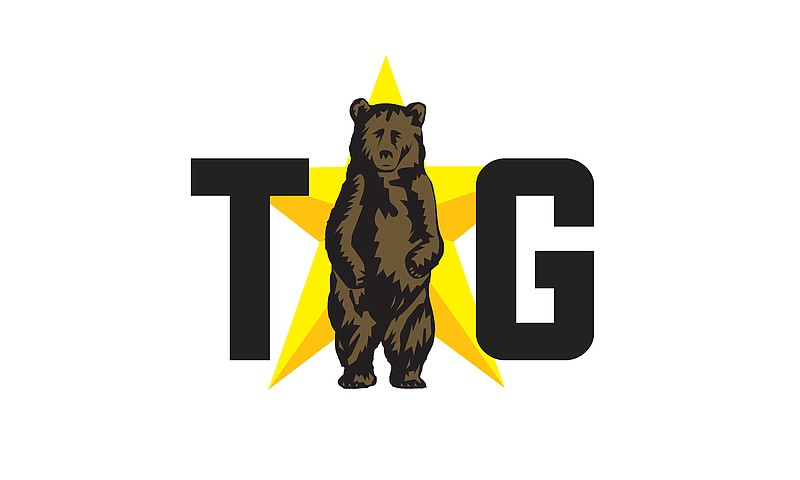Law enforcement and those who work with teens are fearful the COVID-19 pandemic has left more young people vulnerable to commercial sexual exploitation or human trafficking.
Human trafficking is when a person uses force, fraud or coercion to compel another person into providing labor, services, or commercial sexual acts against his or her will. When a minor is trafficked for commercial sex, it is considered a human trafficking crime, regardless of the presence of force, fraud, or coercion, according to the Texas Alliance of Child and Family Services.
When a trafficker receives anything of monetary value in exchange for sexual contact with a minor, that minor has been trafficked.
When many people think of trafficking, they think of a stranger grabbing someone but many times it involves someone the victim knows.
"What we do see here are people who find themselves in a difficult situation who get mixed up with individuals who take advantage of them. They are offered drugs, a place to stay, or something else in exchange for sexual favors," said Shawn Vaughn, spokesman for the Texarkana Texas Police Department.
Texarkana Arkansas Police Department Detective Kayla Berry defines local trafficking as people "using someone who is in a bad situation, someone who needs money."
Many times, the young person is taken advantage of by someone they know.
In 2019, Berry arrested a woman on charges of human trafficking, promoting prostitution and permitting the abuse of a minor.
The 39-year-old suspect allegedly moved a 17-year-old female relative from Fayetteville, Arkansas, to Texarkana because the girl was involved in prostitution in that city, according to a probable cause affidavit. The suspect allegedly allowed the girl to post advertisements for prostitution on the website skipthegames.com while the two were living in a hotel room on State Line Avenue in Texarkana, Arkansas.
The girl allegedly was paid for four to seven sexual encounters with adult men each day.
The suspect allegedly collected a portion of the money the teen received for prostitution.
"She was using her, working out of the hotel," Berry said.
There are probably more trafficking cases locally than police know about because some people are hesitant to come forward, Berry said.
The Texas Center for Child and Family Studies, a supporting organization of Texas Alliance of Child and Family Services, recently received a grant from Governor Greg Abbott's Public Safety Office to help community nonprofit organizations provide services supporting child and youth survivors of child sex trafficking, as well as those at-risk of being trafficked.
Traffickers identify and use vulnerabilities like involvement with the child welfare system, mental health issues, and homelessness to create dependency.
The widespread job losses over the last year, for example, have left many homeless, or on the brink of homelessness, creating unstable living conditions that can make youth more vulnerable to traffickers.
Children and youth are also spending more time online, which can make them more accessible to traffickers who target them there. The National Center for Missing and Exploited Children noted an increase from 2 million to 4.2 million reports of online exploitation between March and April 2020.
Berry recommends that parents and guardians monitor their child's online access.
"In these cases the offender is right inside your home, through the computer or phone," she said.
Texarkana Against Trafficking is a local group spreading awareness about human trafficking, as well as sharing resources to help stop it.
Lauren Booker of Texarkana started the group after noticing signs in gas station bathrooms while she was travelling to Florida. The signs gave numbers to call if anyone saw anything suspicious regarding trafficking or if someone was the victim of trafficking.
Booker hopes people know the signs of someone who is being trafficked and that they call the hot line if they see something suspicious.
She is also fearful about the effect of COVID-19.
"Trafficked victims are at more of a risk now as some resources have restrictions. It is also harder to recognize because in public people are instructed to wear masks and stay six feet apart. It is hard to tell if someone is in distress.
I just encourage the public to keep an eye open and recognize if someone needs help," Booker said. "My favorite quote is 'If you see something, say something.' You could be saving someone's life."
(The trafficking hot line number is 1-888-373-7888.)

